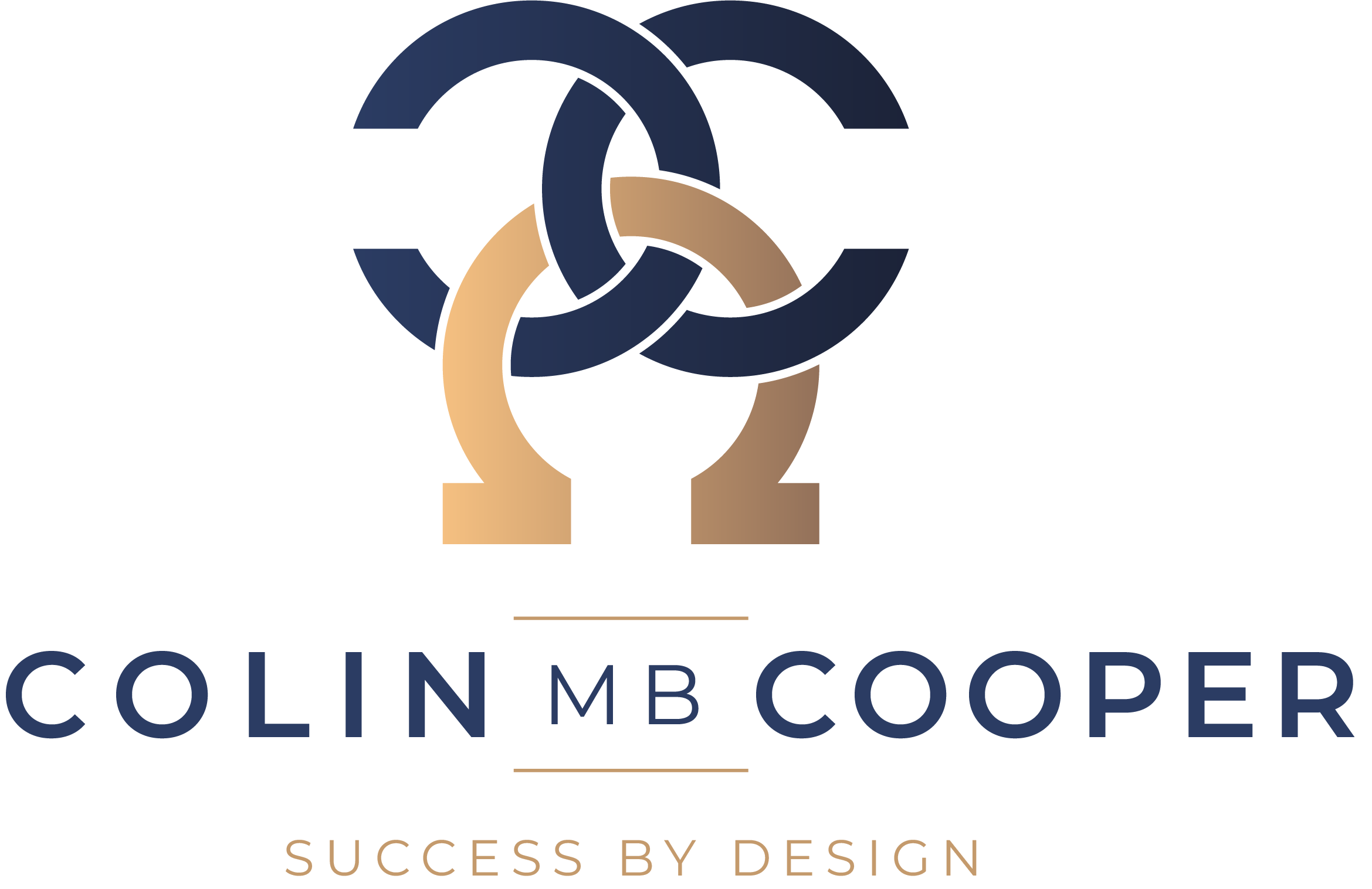In a post-pandemic world where we are seeing a true hybrid mix of people returning to an office and those electing to continue remotely or even balance both models, there’s never been a better “opportunity to create a new and better future of work” that empowers all. Virtual meetings have become a cornerstone of the hybrid working model, and in today’s fast-paced environment, business leaders often find themselves in a marathon of back-to-back virtual meetings, leaving little to no time to catch their breath. While it may seem productive to power through these sessions, recent research confirms that our minds need breaks to perform at their peak.
Microsoft’s Human Factors Engineering group conducted a study using electroencephalogram (EEG) equipment to monitor brain activity during back-to-back video meetings. “Meeting fatigue” and “the digital intensity of workdays” are considered genuine concerns in this remote and hybrid working era and were examined during the study.
The findings suggest that short breaks between meetings can significantly reduce stress, improve focus, and enhance engagement.
The study highlights the following key insights:
- Breaks allow the brain to “reset” and prevent stress accumulation: Brain activity associated with stress (beta waves) increased over time in back-to-back meetings. However, taking meditation breaks allowed the brain to reset, maintaining a steady level of beta waves and reducing stress buildup.
- Continuous meetings decrease focus and engagement: Participants who took meditation breaks exhibited positive frontal alpha asymmetry, correlating to higher engagement in the meeting. Conversely, those without breaks had negative levels, indicating reduced focus and engagement.
- Transitioning between meetings is a source of stress: Stress levels (beta activity) spiked during transitions between consecutive meetings. However, meditation breaks resulted in a smoother, less stressful transition.
Microsoft has responded to these findings by introducing settings in Outlook that facilitate breaks between meetings, either individually or organization-wide. This small change aims to foster healthier working cultures and improve employee well-being.
It’s essential to recognise that breaks aren’t just for self-care; they contribute to better performance. To unlock the full potential of your mind and boost performance as a business leader, consider the following strategies to make the most of your breaks and combat meeting fatigue:
- Embrace a break-oriented mindset: Shift your perspective to view breaks as essential components of your workday, contributing to better productivity and performance.
- Engage in calming, restorative activities: Choose break activities that promote relaxation and rejuvenation, such as meditation, walking, doodling, or reading something enjoyable.
- Explore alternative communication methods: Evaluate the necessity of meetings and consider using other channels like email, chat, or collaborative documents when appropriate.
- Cultivate intentional meetings: Ensure effective and time-efficient meetings by sending agendas, being selective about attendees, adhering to start and end times, and dedicating the final minutes to recapping key points.
- Foster participant engagement: Utilize features like Raise your Hand, Whiteboard, and Breakout Rooms to encourage creative and strategic conversations in virtual meetings.
By embracing breaks between meetings, business leaders can harness the full power of their minds, ultimately leading to better decision-making, higher productivity, and improved overall well-being. Remember, the science of breaks isn’t just about self-care; it’s about unlocking your leadership potential and thriving in a dynamic, ever-changing business environment.
Sources:
https://www.microsoft.com/en-us/research/project/the-new-future-of-work/
https://www.microsoft.com/en-us/microsoft-365/blog/2020/07/08/future-work-good-challenging-unknown/
https://www.microsoft.com/en-us/worklab/work-trend-index/brain-research



